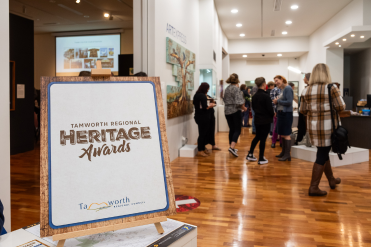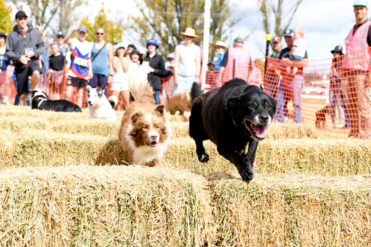Agriculture Victoria is increasing its African swine fever preparedness, with industry and governments keeping watch for potential detections in Australia.
African swine fever (ASF) is a deadly disease of pigs has spread rapidly through Asia over the past year and was recently detected in Timor-Leste.
It is contagious among pigs and has a high rate of mortality in affected herds. It affects both domestic and feral pigs and can survive for long periods in the environment. Humans are not susceptible to it.
Agriculture Victoria met with key members of the agriculture and pork industries last week to discuss preparedness in the event that African swine fever is detected in Australia. Representatives from Australian Pork Limited, the Victorian Farmers Federation (VFF) Pig Group, veterinary consultants, as well as some large pork producers were in attendance.
Victoria’s Acting Chief Veterinary Officer Dr Cameron Bell said working hand-in-hand with industry was a key part of being prepared.
“Biosecurity is a shared responsibility. Everyone has a role to play in being prepared for responding to an incursion in order to have the best outcome. The need to work collaboratively on African swine fever preparedness continues to increase as the disease spreads globally,” Dr Bell said.
“If African swine fever were to be detected in Victoria, we’d be working closely with the pig industry with the intent to contain the disease quickly so that it didn’t spread. We’d seek to do that by restricting pig movements, undertaking disease surveillance and addressing the situation on infected farms as necessary. Similarly, if ASF were to be detected in another state, we’d be working to prevent it from entering Victoria.”
VFF Pig Group President Tim Kingma said it was great to sit around a table with representatives from pig production, veterinary and government sectors all contributing to a discussion around preparedness.
“With African swine fever now so close, we’re extremely nervous about the risk. Everyone has a role to play in keeping it out – if you’re coming into contact with pigs, whether commercial, hobby farming or whether it be feral pigs, it’s imperative not to feed swill,” Mr Kingma said.
Dr Bell said it was crucial for everyone with a pig to have a Property Identification Code and to be recording movements through the PigPass database, which would enable Agriculture Victoria to trace the disease more quickly in the event of a detection.
“Everyone coming into contact with pigs also needs to be vigilant about what they feed pigs – only certified pig rations, grain, fruit and vegetables are appropriate,” Dr Bell said.
“Do not feed swill, or waste food to pigs. This includes food scraps with meat, butcher’s shop waste, or any food that contains meat and vegetables that have been served with meat.
“Swill feeding is banned in Victoria and throughout Australia to help protect our livestock from exotic animal diseases such as African swine fever.”








